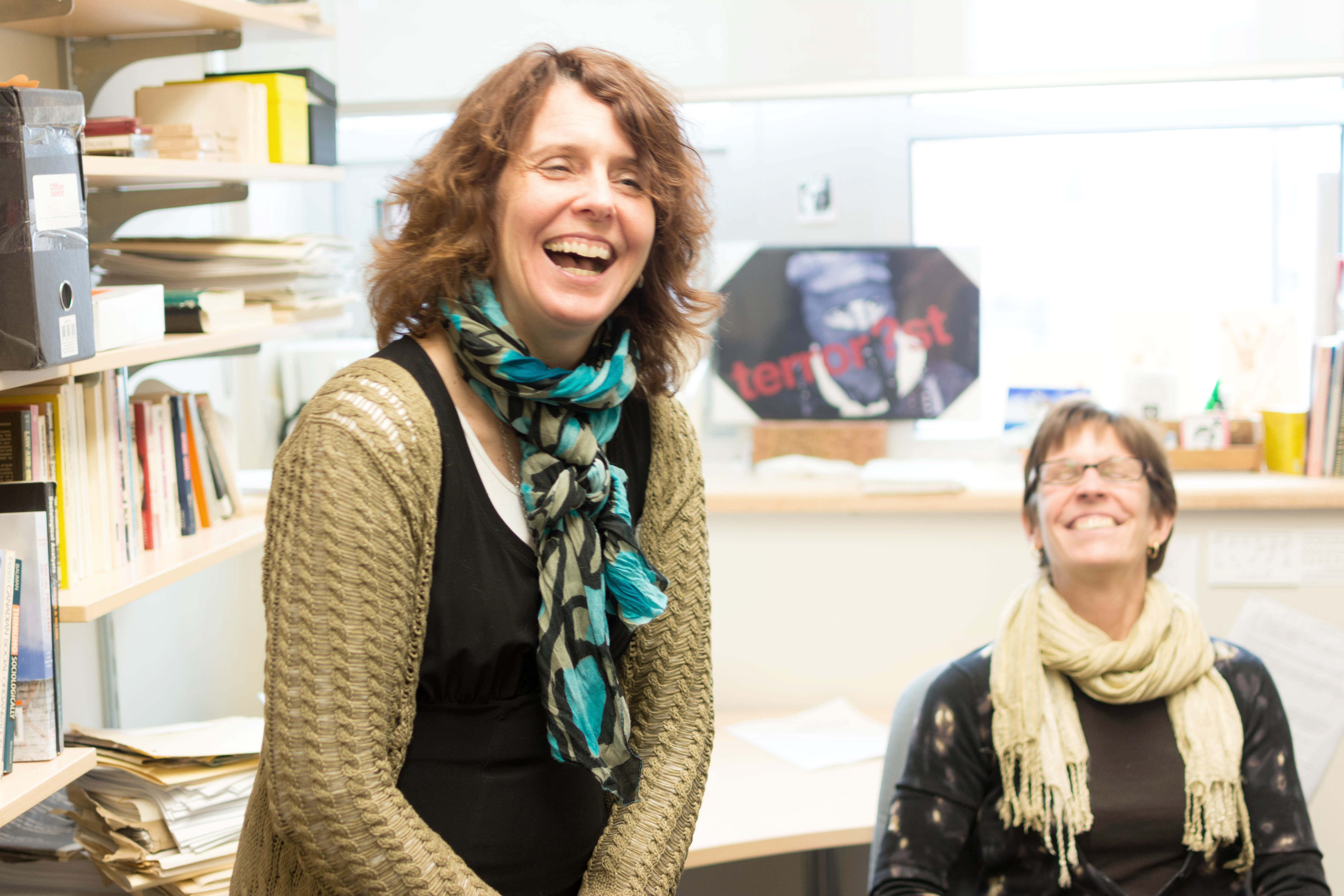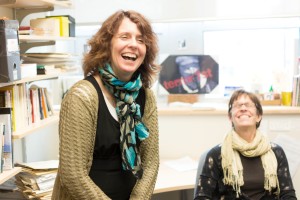Laurier students journey to El Salvador


From Jan. 29 to Feb. 4, six political science graduate students and two Laurier professors will be visiting El Salvador as observers for the upcoming presidential election. On Feb. 2, the students will witness the first round of voting, which includes the set-up of polls and the final count at the end of the day.
Debra Chapman, a Laurier political science and global studies professor, and Helen Ramirez, a women and gender studies professor, have taken on the role of coordinators for the trip.
Chapman started the trip when her friend, Salvador Ramirez, a former citizen of El Salvador who will also be going, asked her to go as an international election observer. Mona Akawi, Adam Finzi, Kyne Simpson, Dylan Simpson, Chris Tsioros and Alissa Wrean were the six students that were selected to go along.
The group will also be joined by a global studies faculty member, three Kitchener residents and the president of the Waterloo Regional Labour Council.
People from all over Canada, including groups from Montreal, Vancouver and Ottawa, will also be going.
According to Chapman, the purpose of this trip is to learn more about the democratic process in El Salvador.
“The goal is to observe the election process and to ensure things are done transparently and properly and to learn from it.”
Chapman and Ramirez want to show students the difference of democracy between Canada and El Salvador and to see the regularity between them.
Last week, Chapman hosted a meeting and was joined by El Salvador’s ambassador to Canada, Oscar Mauricio Duarte Granados to talk to the students going about the responsibilities they hold when flying to the country.
Election time is key for El Salvador and the outcome of their citizens. In the 2009 election, Mauricio Funes of the Farabundo Martí National Liberation Front political party (FMLN) won the election with 51.32 per cent of the vote. To win, politicians have to win by 50 plus one per cent, which very rarely happens on the first ballot.
According to Chapman, the FMLN was not a revolutionary organization to overthrow the non-democratic government in El Salvador, so it was groundbreaking for them to win. This election is considered to be one of the most important, since the FMLN party could either lose control or become re-elected.
To Ramirez, this trip is very significant because of her connection with the El Salvadoran people and as she has been witness to the country’s problems with civil war and death squads. Her return to El Salvador as a more democratic state will give her a new perspective on the country.
“I get to walk on land that I have known only in terms of the functions of death squads, civil war and the importance of seeing it in this other development where people who had so much to give up in terms of their living fought for changes and continue to fight for a level of democracy that most of us don’t care about.”
Ramirez said that by going back, she will not only talk about how important it is to fight back about other people in the world, but to be conscious of what we have to do to improve our own myths.
According to Chapman, this isn’t considered a “helping” trip since we cannot believe Canada’s democracy is better than any other. The students going will hopefully realize this once they get to El Salvador.
“I think it can be a really good learning experience for the students.”


